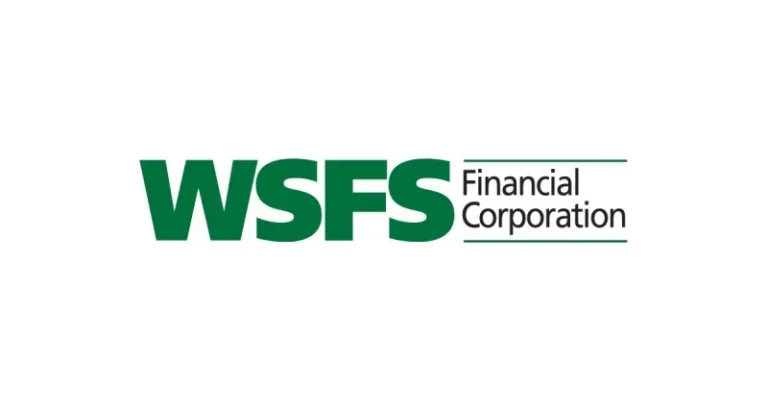
Securian Financial is strengthening its presence in the digital lending market through a strategic partnership with Aven, a fintech company that offers the Aven Home Card, a consumer credit card backed by home equity. As part of this partnership, Securian Financial’s debt protection product—designed to cover enrolled cardholders’ monthly payments in the event of involuntary unemployment—is now available to all Aven Home Card applicants, with no profit gained by Aven.
“We are thrilled to collaborate with Aven, a leader in digital lending, to bring our debt protection solutions to a broader audience,” said Michael Dawson, Securian Financial’s sales vice president for Affinity Solutions. “With our extensive history, strong ratings, and vast experience in offering loan protection products through financial institutions, entering the digital lending space was a natural progression for us. Aven, with its innovative approach, is the ideal partner to help us expand in this market.”
Founded in 2019 by former executives from Facebook and Square, Aven aims to provide consumers with the most affordable and convenient access to capital. The Aven Home Card offers lower interest rates backed by home equity, with no initial cost and the full benefits of a traditional credit card.
Since its launch in 2021, Aven has issued over $1.5 billion in Home Card credit lines, saving cardholders more than $100 million in interest payments.
“We’re excited to partner with Securian Financial to offer our cardholders an optional debt protection plan, provided entirely at no profit to Aven,” said Sadi Kahn, CEO and founder of Aven. “At Aven, we prioritize protecting our customers from financial challenges, and Securian’s product provides valuable security for those who may experience involuntary unemployment.”
Securian Financial’s debt protection currently safeguards thousands of loans across the United States. For borrowers, it offers a cost-effective way to manage funds during difficult times, protect credit, and reduce the risk of default and loss of collateral. For lenders, it helps decrease loan defaults and delinquencies, generate non-interest income, and provide customers with a valuable service.





